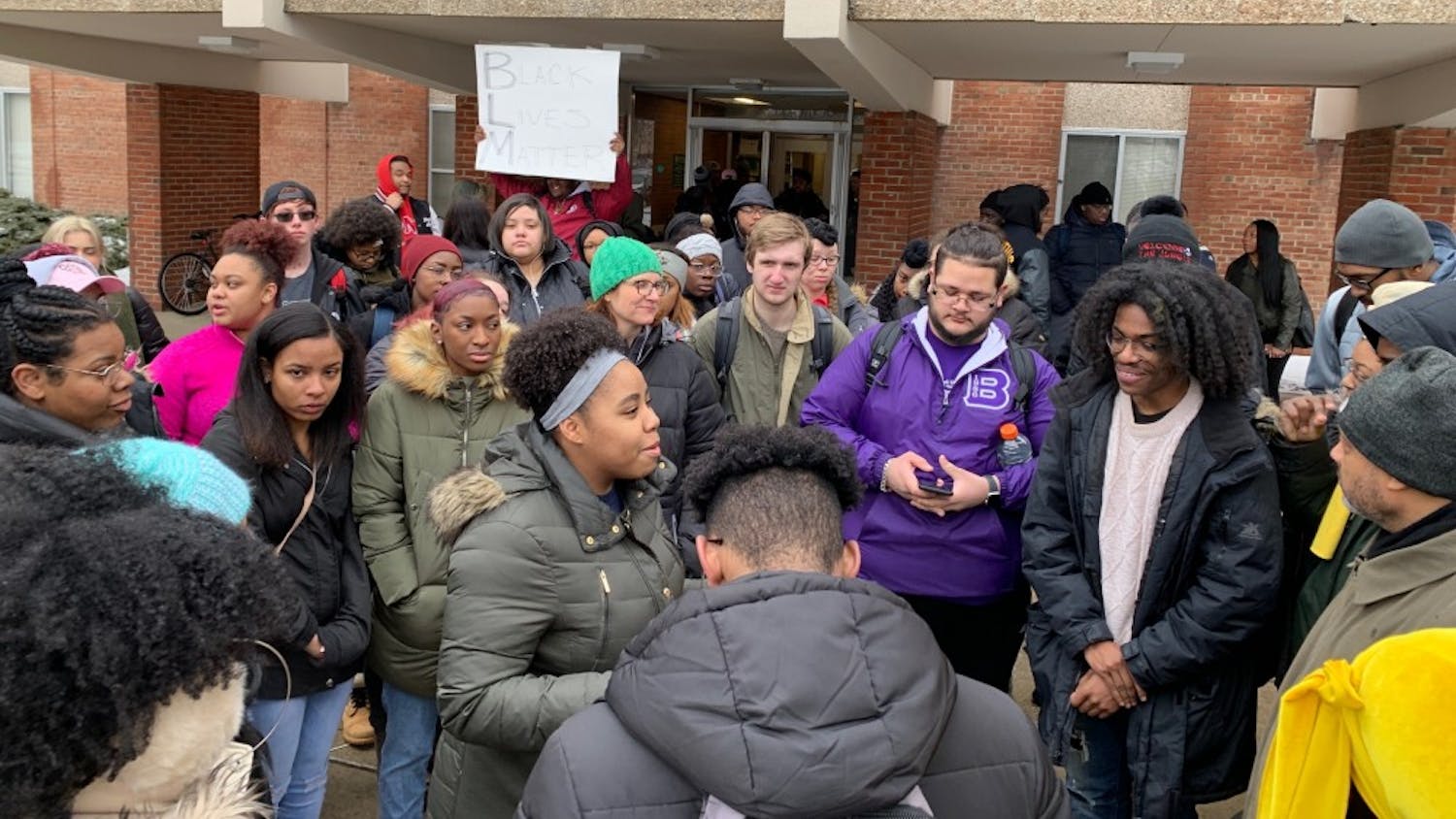I joined Greek Life in the fall semester of 2018 under the impression that it would provide me with opportunities for networking, community service and personal betterment. While these were provided, my exposure to Greek Life over a single semester has given me some additional food for thought. Greek Life has been a largely positive experience but also an enlightening one.
The primary aspect of Greek Life that remains inadequate is its atmosphere surrounding issues of race and sexual identity. While attempts have been made to address this issue, more needs to be done to enhance the initiatives already put in place. Additionally, further initiatives ought to be set in the midst of an overarching cultural conversation surrounding the role of Greek Life in the 21st century.
The push for more inclusivity in Greek Life is present on our campus. Dissatisfaction with the role of diversity and inclusion in Greek organizations prompted Eastern Michigan University’s Greek Councils to establish the Greek Life Inclusion Committee in 2016. Chapters within the Interfraternity Council (IFC) and College Panhellenic Council (CPC) have also elected their own committees and chairpersons to serve the larger committee’s purpose within their individual chapters.
However, members and leaders of Greek Life find themselves stuck on what exactly the Committee entails: whether its existence is a formality, what kind of jurisdiction the body has or what initiatives ought to be set in place to reflect this broad goal of diversity and inclusion.
I believe this standstill is largely a result of reluctance on the part of Greek leadership to change the status quo. This institutional push towards promoting diversity and inclusion is certainly in its infancy. Greek organizations have historically been exclusive, to the point of race restrictions by white fraternities and sororities causing the founding of black, latinx and multicultural Greek chapters.
In order for the Greek Community at EMU to truly reflect its larger student body, the burden of promoting diversity and inclusion must fall on the more privileged, and overwhelmingly white, councils and chapters. On our campus, that means IFC and CPC need to foster an inclusive environment to benefit their own members and the university as a whole.
They can do that in several ways.
First, by increasing outreach to their fellow Greek councils, the National Panhellenic Council and Multicultural Greek Council.
Second, by putting on diversity and inclusion programming in collaboration with several campus organizations and our university’s own Department of Diversity and Community Involvement.
Third, they should improve conflict resolution mechanisms for when issues with diversity and inclusion inevitably arise.
Fourth, they should showcase–without tokenizing–members of these chapters/councils and promoting Greek events that make their dedication to diversity and inclusion known on campus--and community-wide.
Greek Life at EMU, while still presenting issues in the realm of diversity and inclusion, is beginning to make a conscious effort towards overcoming its legacy of exclusion and homogeneity. That same spark ought to continue through each generation of students, and I am confident that it will.
In the meantime, it’s important to note that progress is not linear and that when setbacks occur, members of these organizations need not be discouraged, for their efforts are important in changing the perception of Greek membership on our campus and nationwide.









